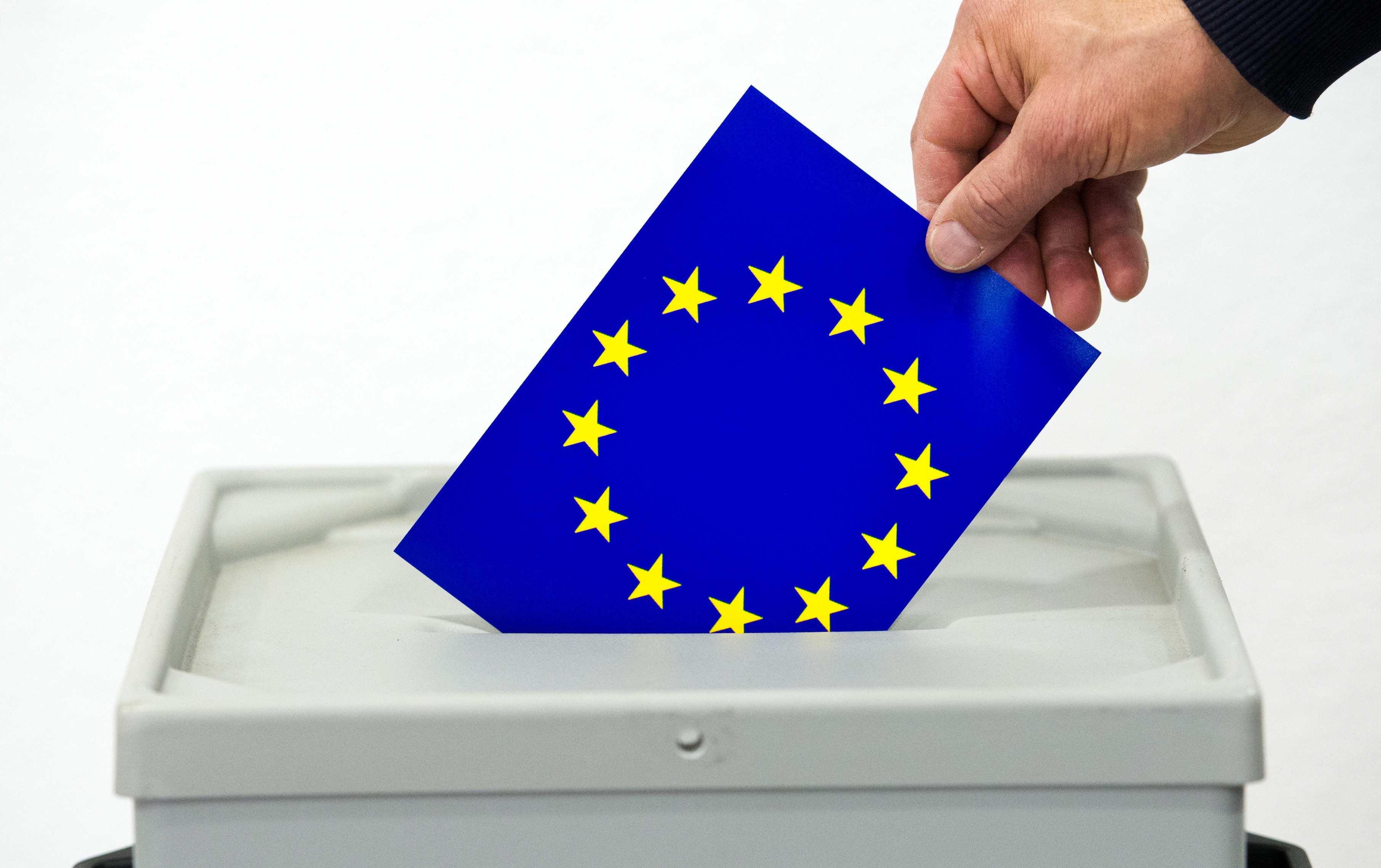Brussels – Little interest in politics in general and European elections are little felt, but something seems to be changing, for the better, in the orientation of Italians. The undecided and abstentionists are expected to decline, according to the Eurobarometer published today (April 17), the last one before the elections in early June. Italians will show up to elections ill-prepared, considering that only 21 percent of respondents know the exact date of the vote. After all, four out of ten eligible voters (41 percent) say they are not interested in the appointment, yet if they went to the polls in a week, 70 percent of eligible voters would exercise their right to vote, a figure that is on the rise.
The December poll showed a declared potential turnout of 67 percent, with a 38 percent rate of real or presumed abstentionists. Now, looking at those who say they do not intend to vote (16 percent) and those who still do not know if they will vote (14 percent), this index drops by eight percentage points to 30 percent. Pending the test of the vote, the figure nevertheless is encouraging and bodes well, especially in Brussels.
“I urge our citizens to vote in the upcoming European elections, to participate in this historic year, and to strengthen European democracy,” European Parliament President Roberta Metsola said. “2024 is an important election year, with elections taking place in Europe as well as in the United States, in India, and in the UK.” There are so many unknowns to be answered with a strong Europe that needs the Italian vote. Metsola has no doubt: “The outcome of these elections will most likely be crucial for the future of democracy in the world.”
Italians have doubts, however: while they generally think highly of the Parliament (only 14 percent of respondents speak ill of it), they see no use in a European engagement. Seven out of ten respondents (70 percent) believe their voices do not count and remain unheard in the European Union. This disaffection explains why the attention and attraction to the elections that are increasingly around the corner is less than ‘euro-enthusiastic.’
There is also the underlying fact that there is little interest in politics in Italy. Whether it is local (57 percent), European (59 percent), or national (58 percent), politics is only “occasionally” a topic of conversation for Italians, who are, moreover, unhappy with the current government. Six in ten Italians (59 percent) say that, in the country, “things are not going in the right direction,” a response that sounds like distrust for Giorgia Meloni and allies. Considering that according to one in 10 (11 percent) Italians, they are roughly stable, and only three in 10 (30 percent) consider themselves satisfied with the way things are going.
Looking ahead, at least in the very short term, few Italians are willing to give confidence to the current ruling coalition. When asked if the country’s economic situation a year from now will improve, not even two in ten respondents (18 percent) say yes, and the majority (45 percent) believe that things will not change, while one-third of the voting population (33 percent), expects worsening.
English version by the Translation Service of Withub





